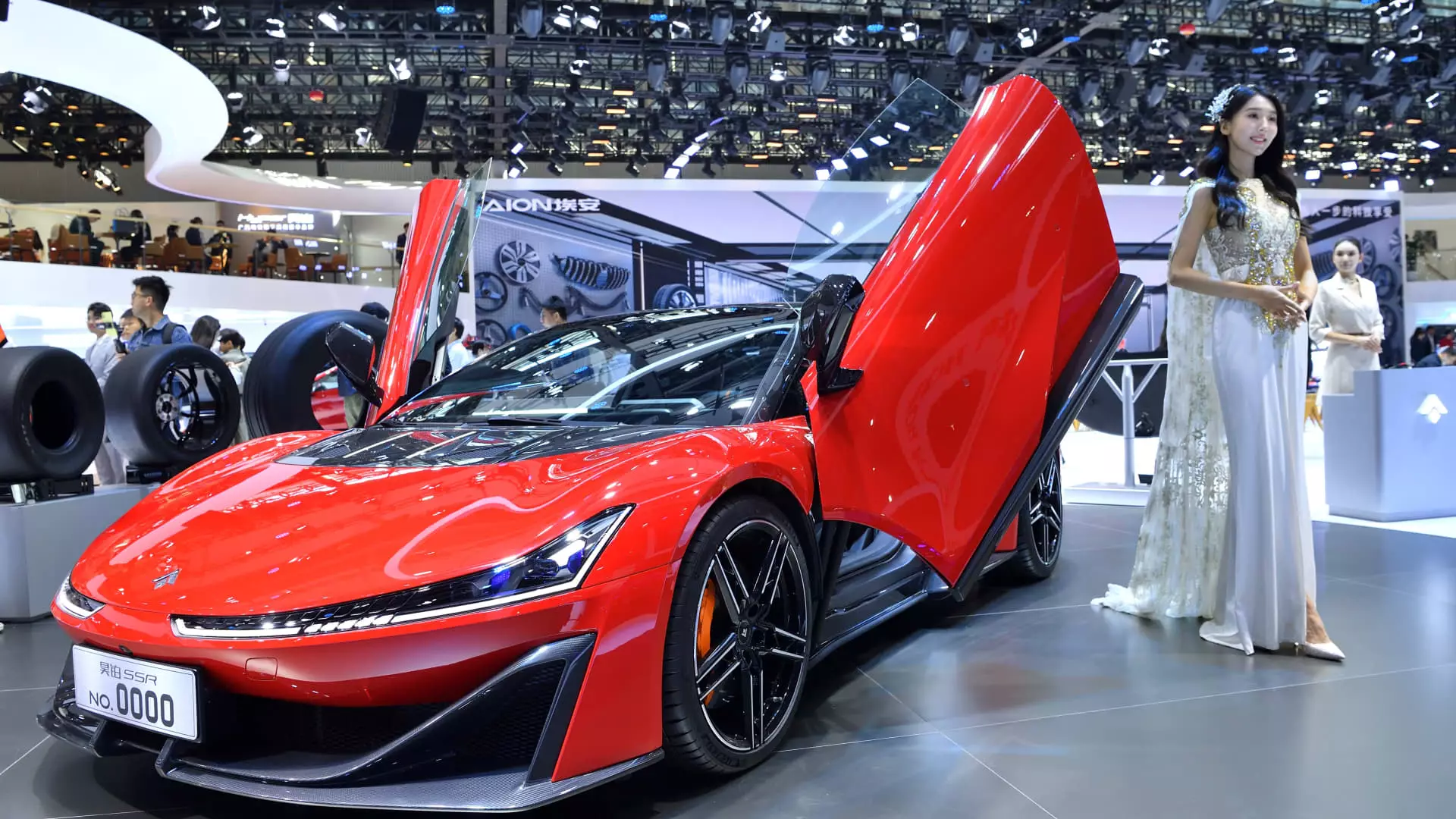The rise of Chinese automakers in the global automotive market is projected to be significant, with forecasts suggesting that these brands will hold a 33% market share by 2030. This marks a substantial increase from the 21% market share they are expected to have this year. The growth of Chinese automakers is not limited to their home country, as sales outside of China are anticipated to triple from 3 million vehicles in 2022 to 9 million vehicles by 2030, representing a jump from 3% to 13% of the global market share.
The rapid expansion of Chinese automakers is causing concern among legacy automakers and policymakers worldwide. There are fears that the influx of more affordable, Chinese-made vehicles will flood the markets and undercut domestically produced models, particularly all-electric vehicles. The ability of Chinese automakers to swiftly bring new vehicles to market, at a lower cost and with advanced technology and design, is seen as a significant threat to established players in the industry.
AlixPartners, a leading consulting firm, predicts that Chinese automakers will grow their presence across all global markets. However, the firm expects more modest expansion in Japan and North America, where stringent safety standards and tariffs on imported Chinese electric vehicles pose barriers to entry. Chinese automakers are projected to capture a 3% market share in North America, primarily in Mexico, by 2030. In contrast, regions like Central and South America, Southeast Asia, the Middle East, Africa, and Europe are expected to see significant growth in the market share of Chinese automotive brands.
Legacy automakers such as General Motors have already experienced a decline in market share in China due to the rapid growth of domestic Chinese automakers like BYD, Geely, and Nio. In Europe, Chinese automotive brands are rapidly gaining ground, with their market share expected to double from 6% to 12% by 2030. The cost advantages, localized production strategies, and technological sophistication of Chinese automakers are enabling them to meet evolving consumer preferences for design and innovation.
Chinese automakers have demonstrated an ability to bring new products to market in half the time of legacy automakers, mainly by focusing on meeting standards rather than overengineering. They also enjoy a 35% cost advantage due to their “Made-in-China” production model. For traditional automakers to effectively compete with Chinese brands, they will need to overhaul their business development processes and accelerate the pace of vehicle development. Failure to do so could lead to their obsolescence in an industry that is being rapidly transformed by Chinese automakers.

